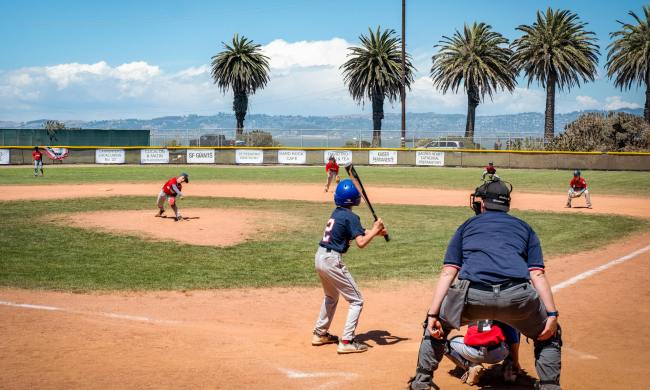What goes up and never comes down? Your age! No, this isn’t a dad joke, though it could be. It’s actually an example of a classic easy riddle for kids. Children love riddles and it turns out riddles are great for kids and adults, too. So why are riddles an awesome thing for kids of all ages? The answer isn’t a riddle.

What is a riddle?
A riddle is a question or phrase that needs to be solved. The answer is not an obvious one, which is what makes riddles fun and beneficial. The oldest riddles trace back to Ancient Greece and were often used to show one’s knowledge. Classic riddles have been passed down from generation to generation.
Benefits of riddles
Kid riddles may be a silly way to pass the time while you’re waiting in line at the grocery store, but those 5 minutes have a lot of value. Riddles have many pluses for kids. Telling riddles works the brain and helps develop all-important problem-solving and critical thinking skills in children. Since a riddle is a puzzle, trying to solve one teaches kids to think outside of the box because the answer isn’t usually a simple one.
Riddles work to expand a child’s vocabulary while introducing them to humor. Kids want to remember riddles to tell their friends. So, riddles help with memory skills, too. Let’s not forget kid riddles are just fun and anything that gets your child laughing and engaged is advantageous.
Writing riddles
Teachers often use riddles in the classroom for the same reasons we discussed above. Educators take riddles a step further by having kids write them. Solving easy riddles for kids has an abundance of pluses as does creating riddles. When telling riddles, encourage your kiddos to write riddles of their own.
Easy riddles for kids
Now that we know riddles are excellent for helping kids develop literacy and language skills, it’s time to add some to our repertoire.
Kid riddles
- What has words, but never speaks? (A book)
- What building has the most stories? (The library)
- What has four wheels and flies? (A garbage truck)
- What can fill up a room but doesn’t take up space? (Light)
- What has hands and a face? (A clock)
- How many months of the year have 28 days? (All of them)
- What are two things you can never have for breakfast? (Lunch and dinner)
- What gets wet as it dries? (A towel)
- What has four legs but only one foot? (A bed)
- What can’t be used until it’s broken? (An egg)
Best kid riddle books
Eventually, you’re going to run out of riddles. Here are three riddle books you and your child can share together. These are perfect to pack for road trips.
What travels around the world but always stays in one spot? A stamp! If you loved riddles as a kid, share your favorites with your child. Telling easy riddles for kids helps develop critical language, literacy, memory, and thinking skills in children. So, go ahead and share those kid riddles at dinner, during bath time, or on long car rides. Riddles don’t have an age limit, either. They’re great for kids of all ages and adults, too.



